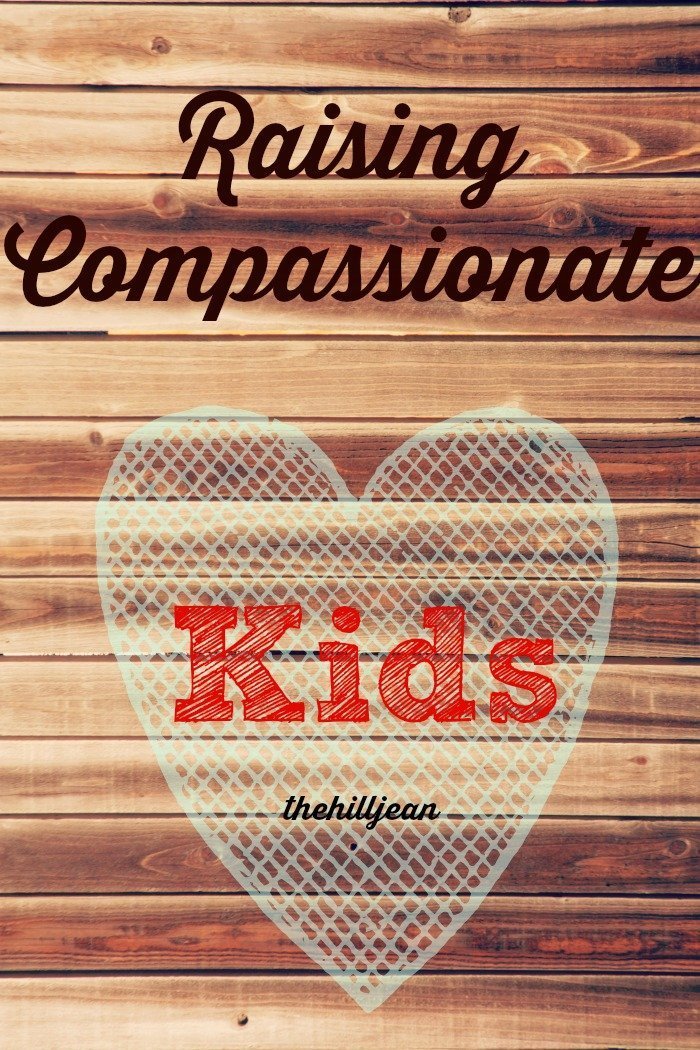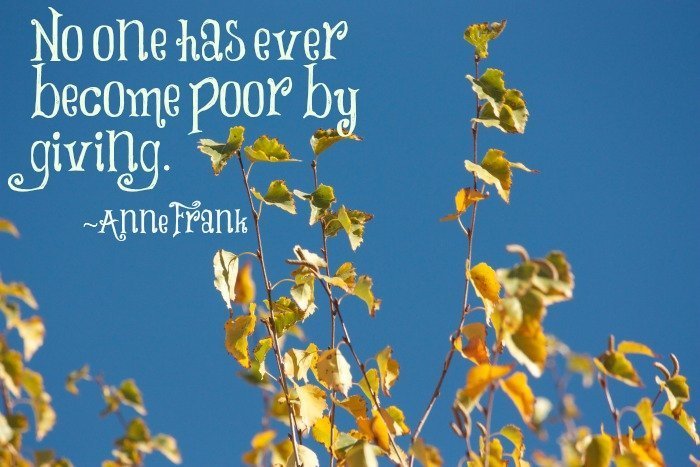
A few months back, I had one of those “aha” moments with God where a concept suddenly became real and imperative for me to understand. I don’t have these moments that often. I’d like to blame pregnancy, but the truth is I often am not quiet enough to hear myself think, let alone let God guide me someplace where I might learn something.
Anyways, the concept that finally sprouted wings for me was compassion.
Compassion.
It’s a great word, kind of even fun to say. We hear it and nod our heads knowingly. We see big puppy eyes on a starving child, or some mangy elderly person from a third world country. Yes, we have compassion, we know compassion.
We tend to scrape up a decent amount of compassion for something or someone who is barely even touching the periphery of our world. They are “other” and so things like sweet puppy eyes and Sarah Mclachlan playing in the background help to reel us into feeling something that will make us dig a little deeper into our pockets.
But if you look at what really qualifies as true compassion you might be startled to find that you’re lacking. I know I did.
What is compassion?
I first did what all the cool pastors do and looked at the Greek origin of the word. I think the way the ancient Greeks defined it has a lot of power:

When is the last time you were moved for someone else so much that you felt it in your bowels? And I’m not talking about a burrito. No, what the Greeks were getting at is that feeling of needing to do something for someone else. An urgency that actually takes on a physical role.
We have an ok definition in Webster’s:
 Not bad, but I prefer the way the Greeks define it. It was the Greek definition that made me curious about the psychological implications of feeling compassion. What I found astounded me. I haven’t been able to shake what this means for me as a human being, and also what it necessitates for me as a mother.
Not bad, but I prefer the way the Greeks define it. It was the Greek definition that made me curious about the psychological implications of feeling compassion. What I found astounded me. I haven’t been able to shake what this means for me as a human being, and also what it necessitates for me as a mother.
I’ll just give you a quick run-down on what compassion does to the brain and body [I got all of my information from The Association for Psychological Science]
- Compassion is a natural instinct. Yes, even babies are born with a sense of compassion (check out the study they did to find out how babies respond to other people’s suffering)
- Compassion is necessary for survival of both self and others. Here’s an interesting fact: Darwin’s phrase “survival of the fittest” was actually coined by social Darwinists. What Darwin claimed in The Descent of Man and Selection In Relation to Sex was “the survival of the kindest.” Darwin has quite a bad rep with many Christians, but ironically, he advocated what he observed. And what he observed was how God created us to be–living in community:
…communities, which included the greatest number of the most sympathetic members, would flourish best, and rear the greatest number of offspring. ~Darwin
- The act of compassion actually activates the pleasure centers in our brains. This is huge! We feel rewarded by being compassionate to others. Talk about the gift that keeps on giving.
- Compassionate people are happier people.
- Compassionate people have lower cellular inflammation levels than people who are just happy because of their own success.
- Being compassionate actually lowers your own stress levels because it takes the focus off the self.
- Compassion leads to longevity, connection with other humans, connection with God, and purpose in life.
So…for me, learning the real definition, actual health benefits, and social implications of what was frankly just a dried-up church term gave a whole new life to this idea of compassion. And while compassion may be an instinct, it is also a learned and cultivated trait.
I know for myself I am immune to a lot of images and news because of the over-saturation of information.
There’s just so much pain. So much suffering.
It’s easy to turn off the switch that recognizes pain in other human beings and actually moves my insides to want to do something about it.
What God has been teaching me is to recognize that pain in others and actually be bothered by it. I want this for my kids. I want to have children who take the time to see other people and their needs.

Resources for Parents:
Now that I understand compassion to be a precious, life-giving instinct I want to cultivate it as much as I can in their tender little hearts. I haven’t found a lot yet, so if you know of other great books or resources please share below. I did find a few books that I think are really great in communicating what compassion is to young children.
The first one, and it is extremely basic is Have You Filled A Bucket Today? by Carol McCloud. Coco’s preschool teachers used this with her class and it provided such a great, tangible way for little kids to understand how their actions impact other people.
While compassion isn’t the number one lesson in this book, I think its a great starting place for showing kids how powerful their actions and words really are. This is a book that my 3-year old son really relates to and responds well to.
The second book that I found is One Smile by Cindy McKinley. This book is really sweet and illustrates the ongoing effect of actually seeing people and giving them more of yourself.
This book is probably geared for the 4-6 age range. Coco understood it immediately and had several questions that resulted in great conversations.
The third book I recommend is Ronnie Wilson’s Gift by Francis Chan. This book relates the act of compassion back to God. While having compassion is good for society and our general health, it is ultimately a reflection of how our Creator works in us. This book shows how compassion comes from God’s own heart and works its way into our own.
While the concepts are very deep here, even Chaucer loves this book. It might be because it has baseballs and gloves in it, but still. This is definitely a book that will get your kids talking.
So. Where are you on the compassion scale? Are you living a happy, compassionate life or are you like me and keeping that switch turned low? I know this is a conviction that will require lots of work for me. But at the same time I know it was something God wanted me to learn and I have no doubt I’m at least making some progress towards it.
P.S. if you’d like more information on the science of compassion I recommend you head over to Dr. Emma Seppala’s site. She has tons of fascinating posts and videos that will really get you thinking.